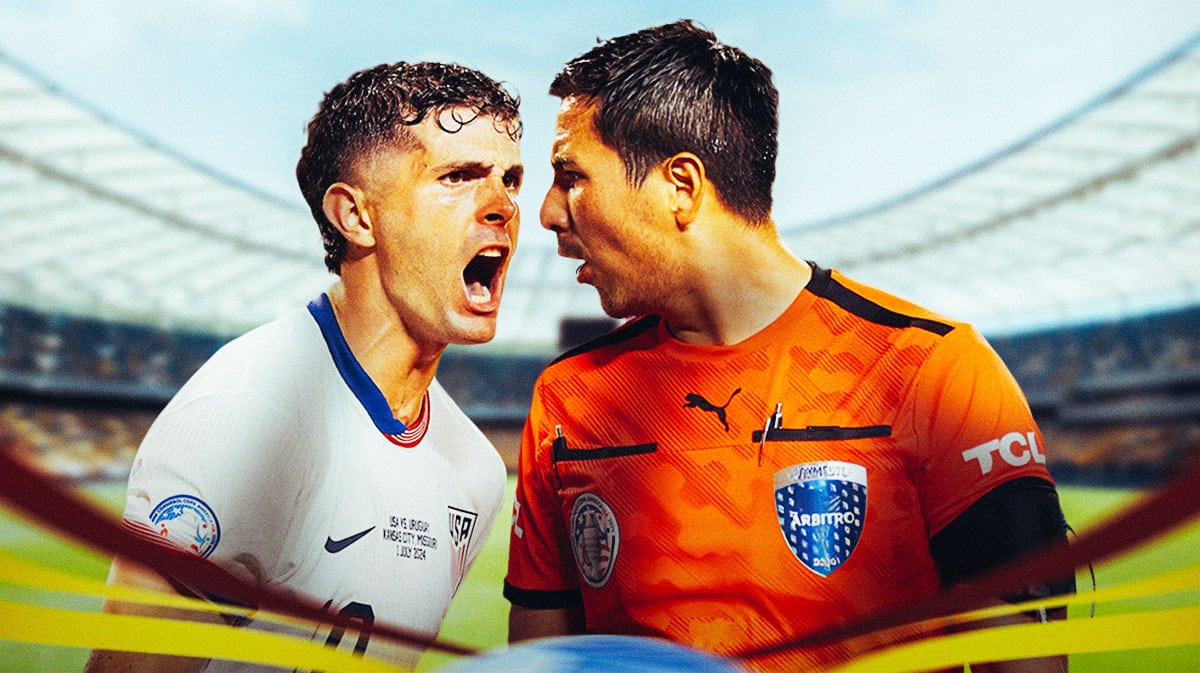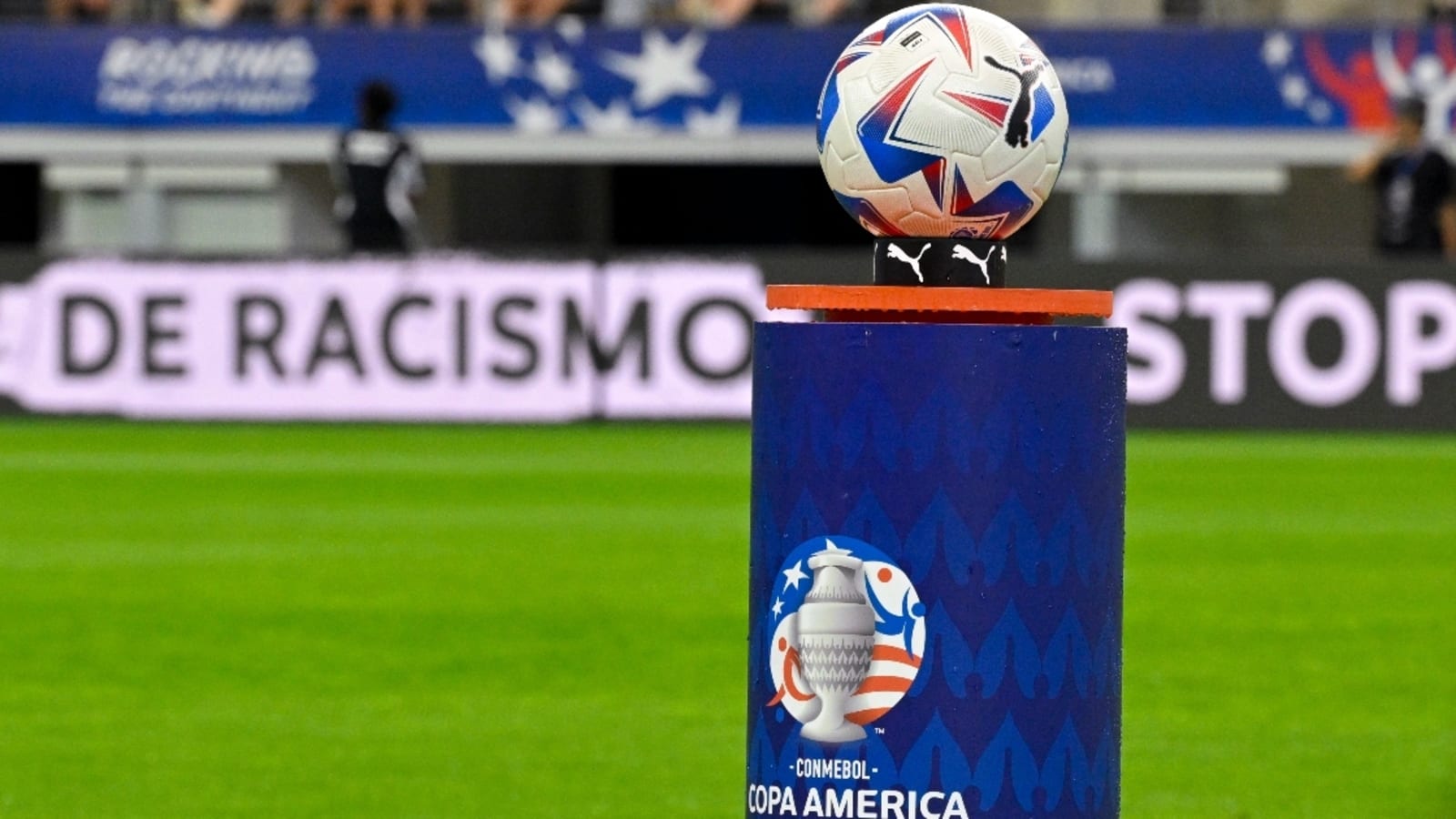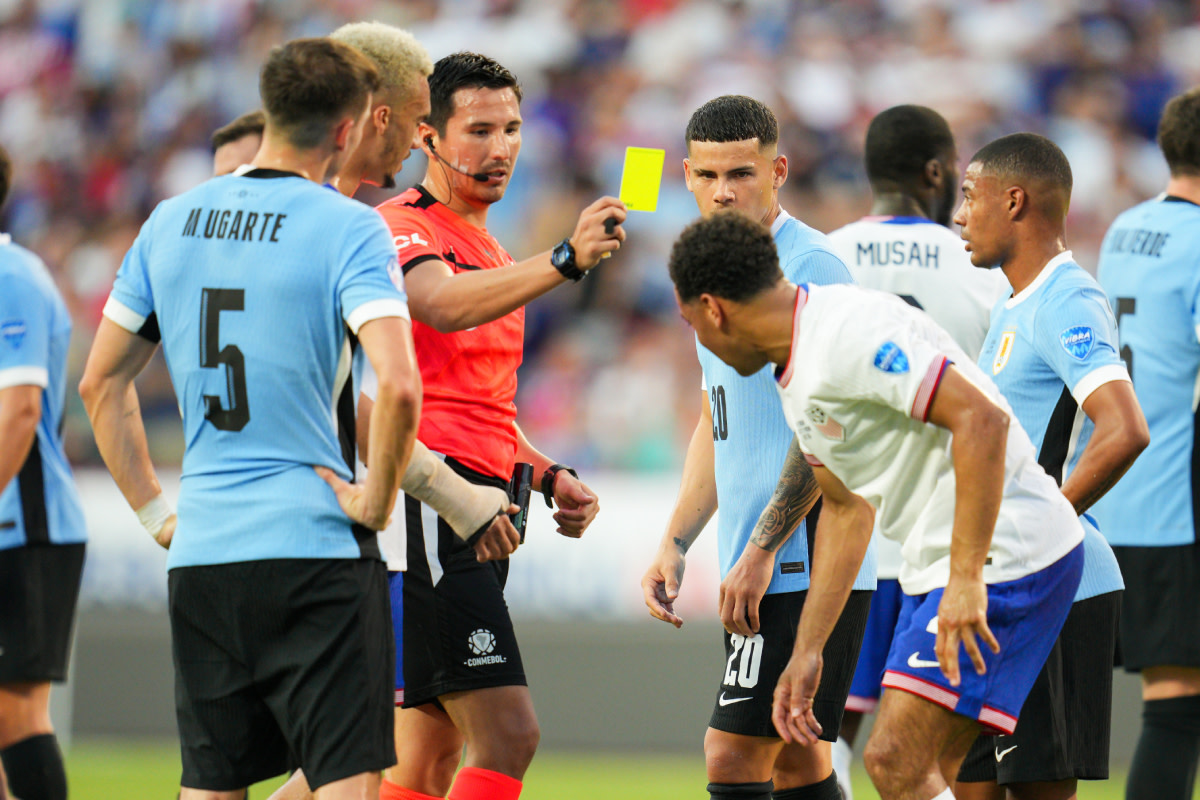The Controversial Performance of Referee Michael Oliver in the 2014 World Cup Match Between Uruguay and Italy: Usa Uruguay Referee

Usa uruguay referee – The 2014 World Cup match between Uruguay and Italy was marred by a series of controversial decisions by referee Michael Oliver. These decisions had a significant impact on the outcome of the match, leading to widespread criticism of Oliver’s performance.
The tension is palpable as the whistle blows, signaling the start of the highly anticipated match between the United States and Uruguay. With the eyes of the world upon them, the players take to the field, ready to give it their all.
But before the ball can even begin to roll, there’s one crucial figure who stands between the two teams: the referee. His every decision will shape the course of the game, and his impartiality will be tested to its limits.
As the match unfolds, fans around the globe can tune in to watch the USA take on Uruguay , with the referee’s every move scrutinized.
Key Incidents
The most controversial incident occurred in the 81st minute of the match, when Luis Suarez bit Italian defender Giorgio Chiellini on the shoulder. Oliver initially awarded Italy a free kick but did not issue a red card to Suarez. This decision was widely criticized, as it was clear that Suarez had committed a serious offense that warranted a red card.
The USA-Uruguay match witnessed a heated debate over the referee’s decision. However, it’s not just on the soccer field where controversies arise. In the realm of gymnastics, the recent Olympic trials were marred by an unfortunate injury to a promising athlete.
While the referee’s call in the soccer match sparked outrage, the gymnastics injury served as a reminder of the sacrifices and risks that athletes endure in pursuit of their dreams.
Another controversial decision by Oliver came in the 93rd minute of the match, when he awarded Italy a penalty for a handball by Diego Godin. The penalty was converted by Mario Balotelli, giving Italy a 1-0 victory. However, replays showed that the ball had actually hit Godin’s chest, not his hand. This decision was also widely criticized, as it was clear that Oliver had made a mistake.
Impact on the Match
Oliver’s controversial decisions had a significant impact on the outcome of the match. Suarez’s bite on Chiellini gave Italy a free kick in a dangerous position, which they eventually converted into a goal. The penalty awarded to Italy in the 93rd minute was also a major turning point, as it gave Italy the victory. It is clear that Oliver’s decisions played a major role in the outcome of the match.
The Role of VAR in the 2018 World Cup Match Between Uruguay and France

The 2018 FIFA World Cup match between Uruguay and France witnessed the significant impact of the Video Assistant Referee (VAR) system. VAR was used in several crucial incidents during the match, assisting the referee in making correct decisions and enhancing the overall fairness and accuracy of the game.
VAR Intervention in Key Incidents
- Uruguay’s Penalty: In the 61st minute, Edinson Cavani was brought down in the penalty area by Samuel Umtiti. VAR confirmed the penalty, allowing Uruguay to equalize the score.
- France’s Penalty: In the 93rd minute, Lucas Hernandez was adjudged to have fouled Kylian Mbappé in the box. VAR upheld the decision, awarding France a penalty that was converted by Antoine Griezmann, giving France a 2-1 victory.
- Uruguay’s Offside Goal: In the 107th minute of extra time, Diego Godín scored a goal for Uruguay. However, VAR determined that Godín was marginally offside, annulling the goal.
Impact of VAR on Fairness and Accuracy
The use of VAR in the Uruguay vs. France match demonstrated its effectiveness in correcting refereeing errors and ensuring a fairer outcome. The technology provided the referee with additional perspectives and angles, allowing for more accurate assessments of controversial incidents.
In the case of the Uruguay penalty, VAR confirmed the referee’s initial decision, ensuring that a legitimate penalty was awarded. Similarly, the France penalty was upheld by VAR, preventing a potential injustice. Moreover, the offside goal by Godín was correctly ruled out, highlighting VAR’s ability to eliminate subjective interpretations and enforce the laws of the game.
A Comparison of Refereeing Standards in the USA and Uruguay

Soccer refereeing standards vary significantly around the world. In this section, we will compare the refereeing systems in the United States and Uruguay, highlighting the key differences in training, certification, and evaluation. We will also discuss the strengths and weaknesses of each system and suggest ways to improve them.
Training and Certification
In the United States, referees are trained and certified by the United States Soccer Federation (USSF). The USSF offers a variety of referee courses, ranging from entry-level to advanced. Referees must pass a written exam and a fitness test in order to be certified. In Uruguay, referees are trained and certified by the Uruguayan Football Association (AUF). The AUF offers a similar range of referee courses, and referees must also pass a written exam and a fitness test in order to be certified.
Evaluation
In the United States, referees are evaluated by a team of assessors. The assessors observe the referee’s performance during matches and provide feedback. The referee’s performance is then used to determine whether they will be promoted to a higher level of refereeing. In Uruguay, referees are evaluated by a single assessor. The assessor observes the referee’s performance during matches and provides feedback. The referee’s performance is then used to determine whether they will be retained at their current level of refereeing.
Strengths and Weaknesses
The USSF referee training and certification program is well-respected around the world. The program is comprehensive and provides referees with the skills and knowledge they need to officiate matches at all levels. The USSF referee evaluation system is also well-respected. The system is fair and provides referees with the feedback they need to improve their performance.
The AUF referee training and certification program is also well-respected. However, the program is not as comprehensive as the USSF program. The AUF referee evaluation system is also not as well-respected as the USSF system. The system is not as fair and does not provide referees with the feedback they need to improve their performance.
Recommendations for Improvement, Usa uruguay referee
The USSF referee training and certification program could be improved by adding more practical experience to the program. The AUF referee evaluation system could be improved by making it more fair and by providing referees with more feedback.